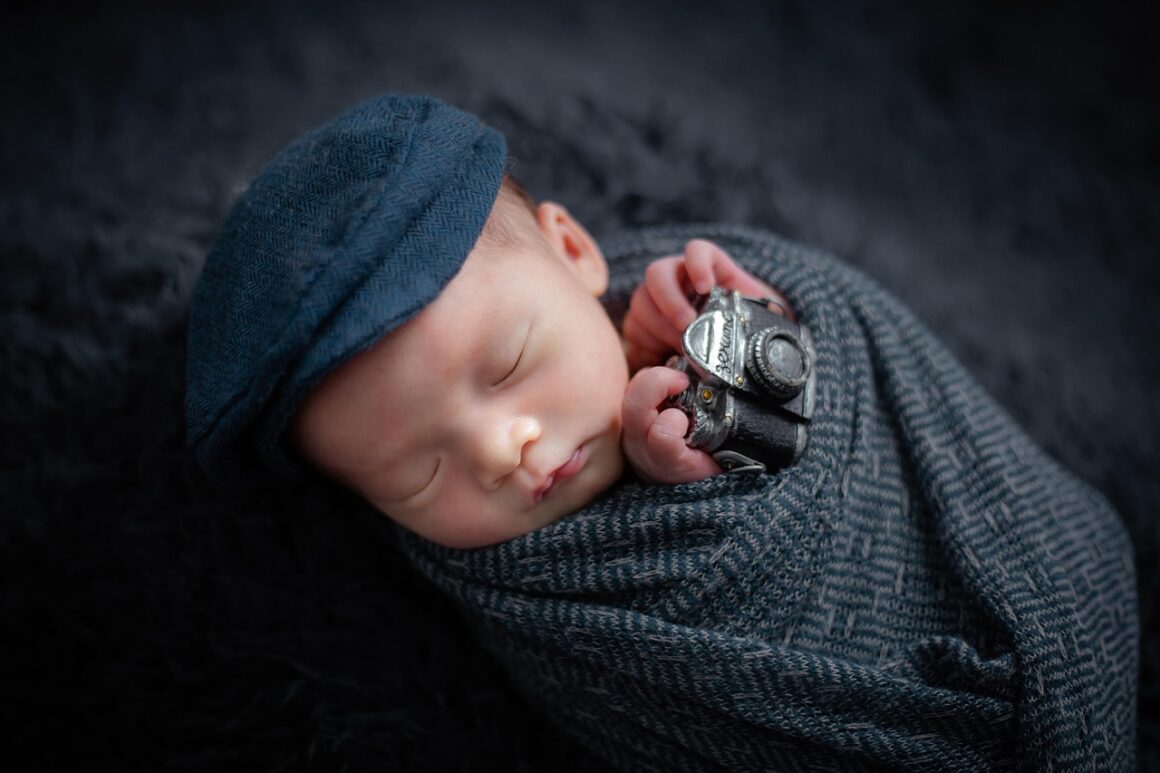For so long, our society has quelled the voices of the victims of sexual abuse. Societal norms dictated that speaking about sexual assault was not okay, and victim blaming became the knee-jerk reaction to any sexual abuse story. When a person came out with their sexual abuse story, instead of words of support, or even anger towards the perpetrator, people asked questions about the circumstances that could have led to the assault: What was she wearing? Was she drunk? Why did she go out with him, then? Did she say no? Why was she alone there?
Questions like these were weapons used to attack the victims and defend the perpetrator. Some people even went so far as to question the validity of a victim’s accusation, while others just dismissed the allegations as attention seeking. Victims were called reputation slanderers, and the actions of the perpetrators were easily dismissed as something they couldn’t control. Telling the world that you were violated was basically opening yourself up to more violations, mentally and emotionally. Victim blaming was the cultural norm, and perpetrators lived happily, easily evading accountability for their actions.
Telling the world that you were violated was basically opening yourself up to more violations, mentally and emotionally. Victim blaming was the cultural norm, and perpetrators lived happily, easily evading accountability for their actions.
However, the global culture with regard to sexual assault is slowly changing, much to the dismay of these sick individuals. Victims are being heard and perpetrators are being held accountable for their actions- legally and/or socially. The presence of patriarchy and misogyny in our society is finally being acknowledged and eradicated, allowing for us to slowly dismantle a system that favored abusers over victims. People are finally realizing that sexual assault is not something to be taken lightly.
Social media has played a crucial role in making this happen. Emboldened by the glaringly obvious injustices that go unpunished (Donald Trump’s despicable actions, the lack of true consequences faced by Brock Turner, or even the shocking revelation that Bill Cosby went unpunished for so long), people are breaking the silence around sexual assault with a myriad of tweets, posts and shares on social media. Hashtags such as #MeToo, initiated by actress Alyssa Milano and created by activist Tarana Burke, and #TimesUp, have become the driving force in these social justice movements, and have effectively sparked the all-important conversation on sexual assault. Recently, there has been a huge wave of sexual harassment allegations pouring in from all around the world. Countless women have spoken up on social media, exposing the sexual misconduct that is so prevalent in every corner of our society to the millions of users on these apps. This has initiated global outcry over the lack of justice in these cases, which then spread beyond the confines of the internet and into the realm of legal and social consequences. Public figures such as Harvey Weinstein, Quentin Tarantino, Melanie Martinez and many more have been publicly called out for their actions, and entire industries and companies have been made to re-examine and rectify their flippant attitudes towards sexual misconduct.
Despite some negative and downright ignorant users, social media has become a safe place for victims of abuse to come out with their stories. In seeing the support that other victims have received, many more are encouraged to come forth and bring their abusers to justice. It has become a place full of support and encouragement- victims now know that they’re not alone and that what happened to them is definitely not okay. This online solidarity against abusers has sort of become a form of group therapy, and, as a result, people no longer stay silent.
This public outrage has created tangible results too. It has inspired movements such as the Time’s Up movement, which provides legal support to victims of sexual assault. Companies and industries are revisiting their policies, tailoring it to the detriment of perpetrators. And, most effective, people are teaching those around them about consent and respect.
Besides being a safe place, and a driving force behind holding abusers accountable, social media has become a place of learning.
Besides being a safe place, and a driving force behind holding abusers accountable, social media has become a place of learning. People are now seeing more than just celebrity gossip and pointless statements on their feeds- they’re seeing victims tell their stories, they’re seeing how people are held accountable, they’re seeing articles on consent and rape culture, they’re learning about sexual assault. By sharing stories of abuse and holding of abusers accountable, social media has greatly contributed to consent education. People have learned where the line is drawn between innocent advances and sexual assault. They are learning what’s okay and what’s not okay, and these conversations are effectively destroying the concept of victim blaming. People are learning that the victim can never logically be blamed and that abusers cannot hide from their actions. Self-reflection and speaking up is encouraged, and people are taking the conversation to great platforms.
So, amidst all the horrible occurrences of late, one positive thing has popped up; our society has become a bit more progressive with regard to the way in which we acknowledge and attend to issues of sexual assault. Although we haven’t completely changed the global mindset, we have taken some steps towards making our society a safe one for victims- and that, on its own, is an incredible thing. This means that we can better ourselves as a society.
Tweeting and posting about sexual assault dismantles the stigma around it and inspires real-life change. Let us never lose this momentum, and let us never stop fighting for justice. Abusers will be held accountable.




